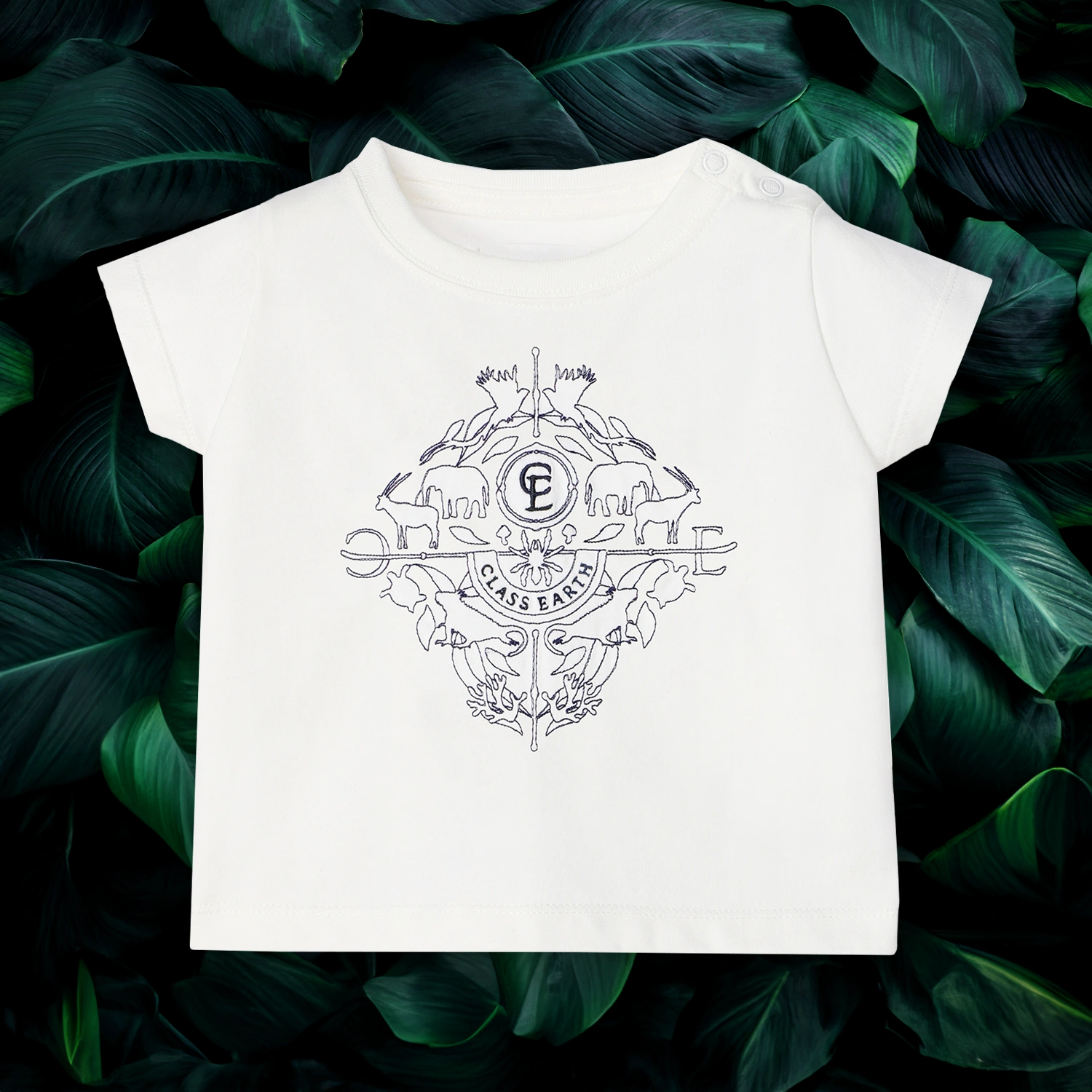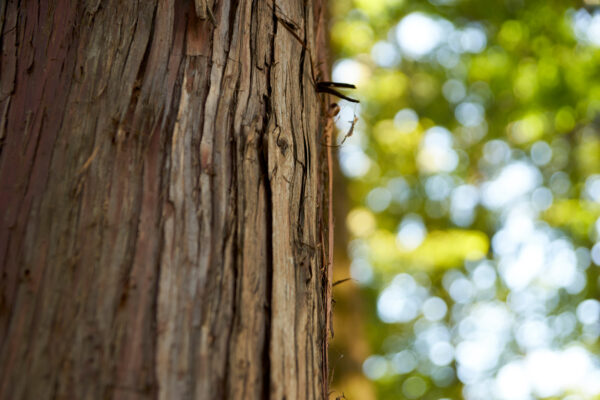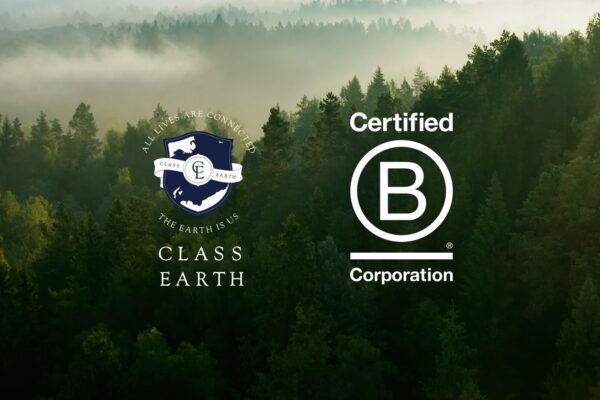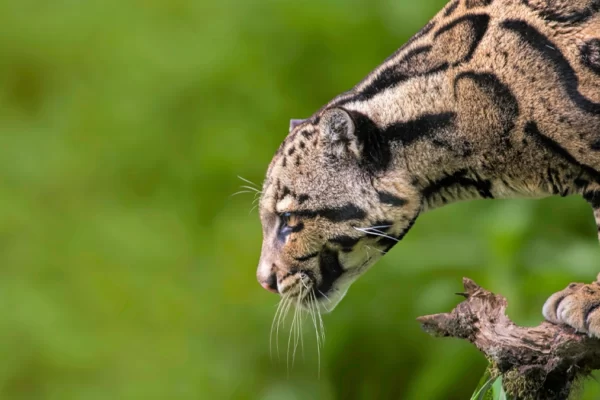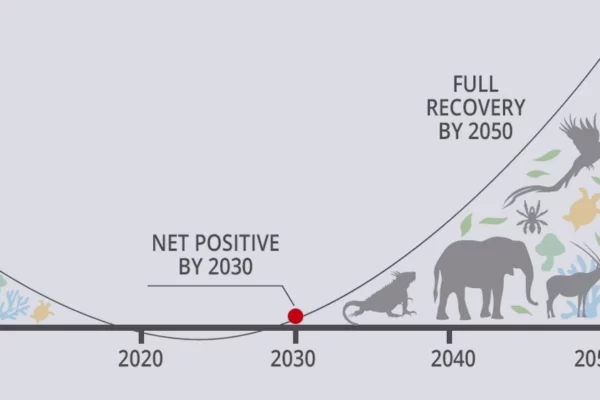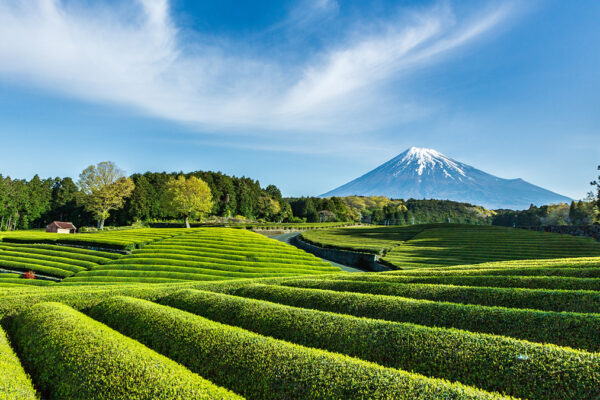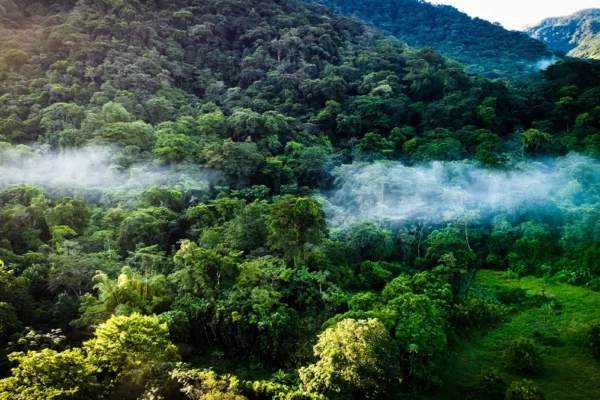What we have learned in the year we faced the B Corp application
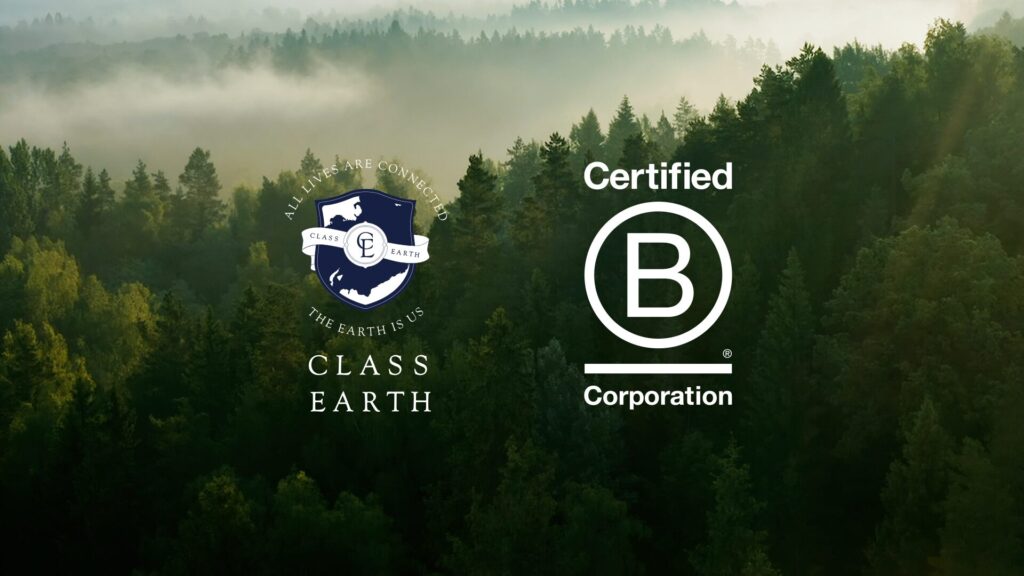
CLASS EARTH became a member of B Corp in November 2024.
B Corp certification is an international certification system run by the US non-profit organisation B Lab™︎.
Companies that operate businesses that are both socially responsible and profitable can obtain this certification by passing more than 200 strict criteria (B Impact Assessment) set by B Lab on social and environmental performance, transparency and accountability with a score of 80 or more.
The certification system is unique in that it assesses the company as a whole, rather than just its internal systems, initiatives and products.
The maximum score is 200, with a pass line of 80; the median score for general companies is 50.9.
After facing the questions one by one, CLASS EARTH was approved with a score of 126.1 as a result.
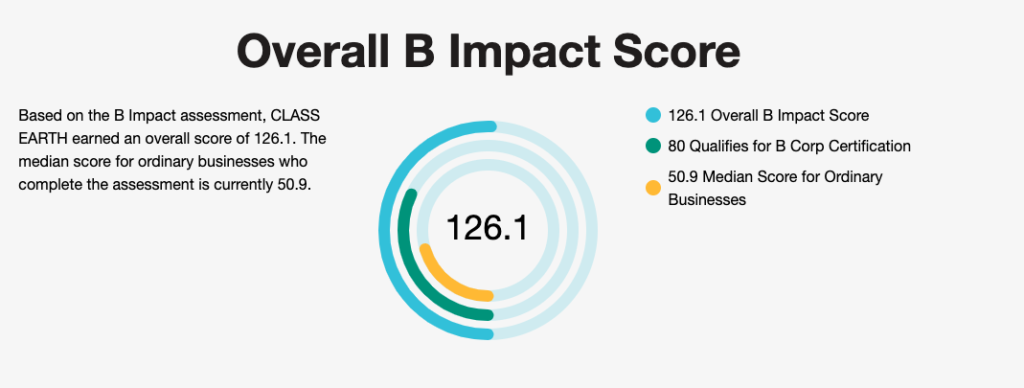
Having decided to work only on work that can contribute to solving social issues, I have felt strongly about the importance of certification over the past few years.
This is because, along with the SDGs boom in Japan, we feel that sustainability standards have become vague. It could also be said that legislation has not caught up.
The materials presented by trading companies and manufacturers are often littered with traps, such as eco-labelling with little evidence, the use of organic materials with no percentage indication, recycled materials with no indication of the country of origin, etc. We need to be proactive in our knowledge to provide consumers with what we envision for them.
Ensuring that we do not get duped along the way in the supply chain means that we do not become the dupe.
It is also a mystery why anyone would want to deceive in the first place.
I believe that sustainability features alone are not enough to cause consumption behaviour in most cases.
People’s consumption is unfortunately simpler and often determined by more intuitive criteria such as pretty, tasty or cheap.
There is a very small group of ethical consumers who decide on consumption based on the strength of sustainability, but what impact can you achieve by tricking even such a small group?
In this context, we turned our attention to international certification programmes, where the criteria were clear and non-deceptive, and the products bearing the certification mark were trustworthy.
We didn’t have to read the documentation or pursue any points of discomfort, as long as we could verify those marks. I didn’t have to worry about being deceived, and I realised that I was gaining psychological safety.
Almost every company website communicates the SDGs, so we wanted to get B Corp to avoid ambiguity.
What is a sustainable company or a company in the public interest?
Many international certifications may have the idea that the basis of sustainability is respect for human rights.
In fact, many of B Corp’s questions were also related to human rights.
Indeed, it is impossible for a company to improve the public environment if it is unable to care for the human rights of even its own employees.
With a high sense of ethics and an altruistic spirit, can we care for the lives of even other species of creatures living on the other side of the world?
While reaffirming this awareness, we continued for about a year to check the current situation with regard to the questions, set targets and respond to those that could be implemented in the short term.
About half of the items were elements that could be cleared without trying too hard.
For example, in Japan, everyone has health insurance, so that question would be cleared automatically for a Japanese company, or because we are a women-centered organization (although we don’t consider ourselves a minority), there are items that are scored as a minority, or because we have a business model where donations and volunteers are a regular feature, Many items were naturally scored.
On the other hand, all the questions were in English and based on American business culture, so some items may not have been captured in depth, but the items that I thought gave me a new perspective for the purpose of the survey were
(1) To specifically support employees in their new career paths.
The basic premise is that in Japan there is freedom of choice, so we don’t hold them back, but I hadn’t thought of specifically supporting them in their other careers.
We have decided that in the future we will use regular evaluations to organize work so that the person’s activities can be visualized when they change jobs, and mentors will give advice on how to write CVs if they wish to do so, for example.
(ii) How to support employees’ families.
As well as taking leave, the company provides life insurance for all employees, so that in the event that it becomes difficult for them to work, their families can receive the insurance benefits.
(iii) Visualising environmental impact reduction at home, too.
CLASS EARTH has implemented up to scope 3 in its GHG emissions calculations.
As all employees work remotely, electricity consumption at home is also reported, but we had not yet worked out a concrete plan to reduce CO2 emissions at each employee’s home.
We have therefore added benefits for employees who have introduced renewable energy at home, such as the company paying the difference from their normal electricity bill.
These include things that are not directly reflected in the score.
We took suggestions from the cross-cultural questions, discussed them with the whole team, and incorporated ideas that we thought were interesting aside from the score, and then made our own responses.
The B corp assessment was a great opportunity to review our ethics and sustainability.
Sustainability, promoted with high ethical standards, is supposed to be an inherently noble act.
In order to ensure that the earth’s resources, such as forests, villages, rivers and oceans, as well as plants and animals with billions of years of evolutionary history, continue to exist in their most beautiful forms forever, we place importance on incorporating positive elements such as fun, beauty and glamour into sustainability under our vision of ‘making biodiversity conservation an object of admiration’. Sustainability is a way for children to have fun and enjoy themselves.
Our MISSION is to provide maximum support for education so that children can grow up healthy and enjoy sustainability, protect the earth and dream about the future.
With this recognition, we will strive to create even greater impact through the support of non-profit organizations and partner companies, so that we can further enhance our public interest.
Press release
https://prtimes.jp/main/html/rd/p/000000015.000121038.html

